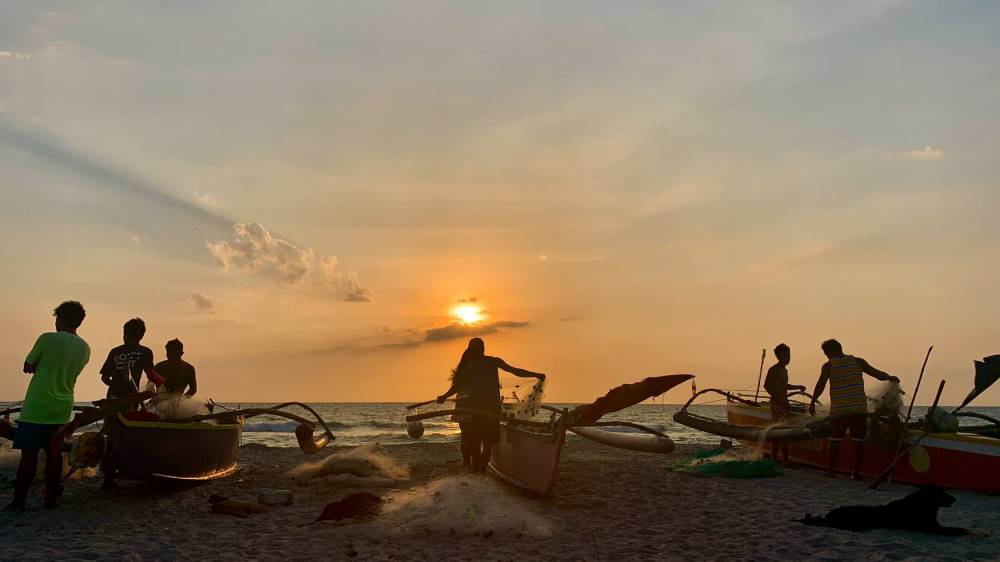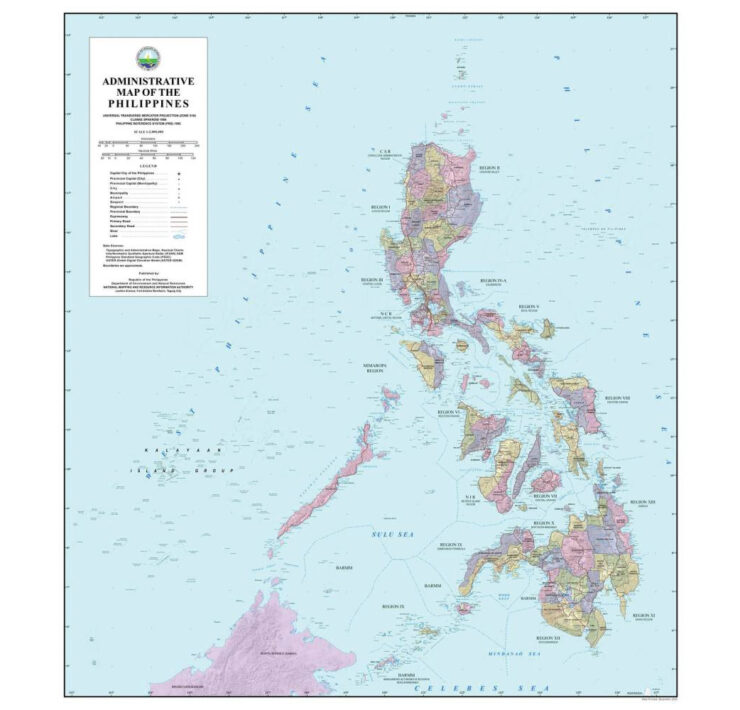Bishops oppose SC ruling, back small fishers

At least 50 bishops, including Cardinal Pablo Virgilio David, the bishop of Caloocan and president of the Catholic Bishops’ Conference of the Philippines (CBCP), strongly oppose a Supreme Court decision to allow commercial fishing within the 15-kilometer municipal waters around the country, saying that the ruling will be detrimental to small fishermen.
“If the courts’ decisions become final and executory, our municipal fishers, who depend on these waters for survival, will face unfair and unjust competition from commercial fishers,” they said in a strongly worded statement to be read in churches on Sunday.
“When commercial interests take precedence, the vulnerable are left to bear the cost—facing hunger, poverty and displacement,” the bishops said. “Didn’t the Lord often remind his disciples to take only what they need to guard against greed?”
Open competition
In a resolution on Aug. 19, 2024, upholding a Malabon City court ruling, the first division of the Supreme Court invalidated the definition of municipal waters in the Fisheries Code for being unconstitutional, clearing the way for commercial fishing operators with large vessels and modern mechanical gear to fish in these waters.
These commercial fishers use boats larger than the 3-ton maximum allowed for municipal fishers. They will be openly competing with artisanal or small fishers in waters less than 12.8 meters (seven fathoms) deep, the height to a four-story building, where they were banned prior to the court ruling.
In their statement, the bishops expressed deep concern about the ruling’s devastating impacts on artisanal and municipal fisherfolk who had preferential access to the 15-km fishing zone, in accord with the Constitution, the Local Government Code and the Fisheries Code.
Read in churches today
“It pains us to find this sacred trust for the integrity of His creation threatened, and our life and survival, particularly the artisanal and municipal fisherfolk challenged,” the bishops said.
“We call on all sectors—government, civil society, and faith-based organizations—to align with the wisdom of our laws and the values of our faith, ensuring that policies uphold sustainability, empower local governance, and protect the rights of our fisherfolk.”
The bishops’ statement was made public on Saturday in a press conference that Caritas Philippines organized at Edsa Shrine in Quezon City.
It will be read after Masses on Sunday in all churches in Luzon, Visayas and Mindanao that are under the jurisdiction of the prelates, including eight archbishops—from as far north as the Prelature of Batanes, to the dioceses of Surigao and Kidapawan in the south.
‘At risk of exploitation’
“We will not stand idly by while the sanctity of creation and the dignity of our fisherfolk are undermined. [We] urge all of you, as faithful stewards of God’s gifts, to advocate for the protection of our municipal waters and the rights of artisanal and municipal fishers,” they said.
They said they were hoping that policymakers “align with the wisdom of our laws and the values of our faith” to uphold sustainability, empower local governance, and “prioritize ‘care for our common home,’” as expressed by Pope Francis in the 2016 World Day of Prayer for the Care of Creation.
Environmental advocates and fisherfolk leaders, welcomed the prelates’ statement, which was read by San Carlos Bishop Gerardo Alminaza, vice president of Caritas and vice chair of the CBCP Episcopal Commission on Social Action, Justice and Peace.
“With 90 percent of municipal waters of most of our coastal towns at risk of exploitation by commercial fishers equipped with active and often destructive fishing gears, the consequences are dire: depleted fish stocks, loss of critical spawning grounds, and worsening poverty and hunger among already-marginalized communities,” said Gloria Estenzo Ramos, vice president of Oceana, a marine protection group.
Original case
The court case stemmed from a petition for declaratory relief filed on Oct. 25, 2023, by the Navotas-based commercial fishing company, Mercidar Fishing Corp. The Malabon Regional Trial Court (RTC) ruled less than two months later that certain provisions of the Fisheries Code were unconstitutional.
One was on the jurisdiction of the municipal government to regulate commercial fishing in municipal waters of up to 15 km from the shoreline.
The Malabon court also struck down the outright ban on commercial fishing in waters with a depth of less than seven fathoms.
Consequences
The Supreme Court upheld the December 2023 decision of the Malabon court. It said that the Office of the Solicitor General had filed its petition against the fishing company “out of time.”
Early last month, the Bureau of Fisheries and Aquatic Resources asked the high court to remand the case to the Malabon court because of its “far-reaching consequences” for resource management, environmental protection and the welfare of affected communities.
Oceana, fisherfolk, civil society representatives and the local government of Santa Fe, Cebu, had earlier filed a petition to intervene in the case.
They argued that all proceedings in the Malabon RTC and its decision were void for violating due process and lack of jurisdiction as the respondent failed to implead all “indispensable parties.” —WITH A REPORT FROM INQUIRER RESEARCH





















